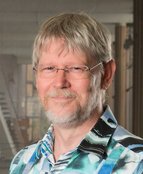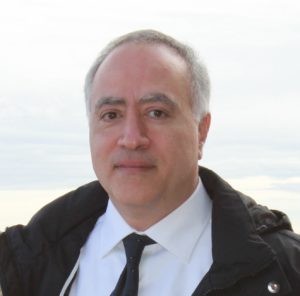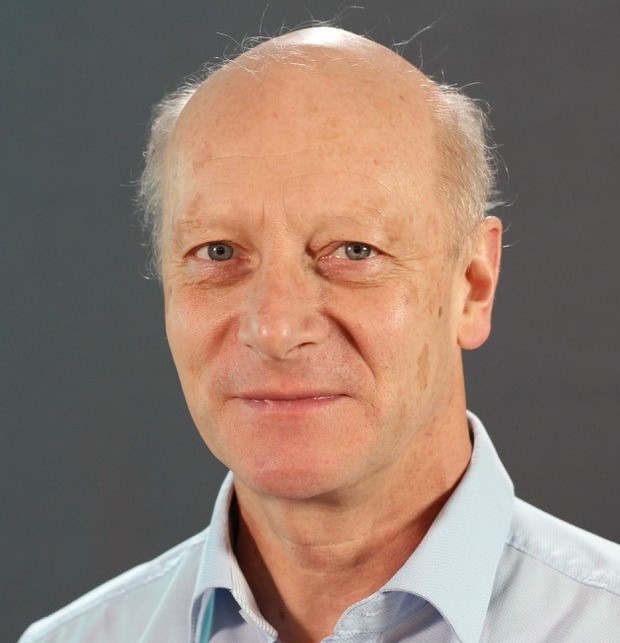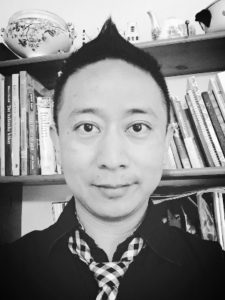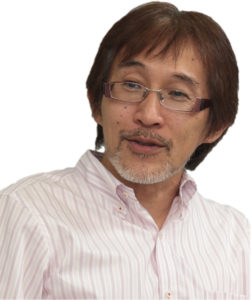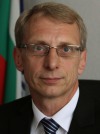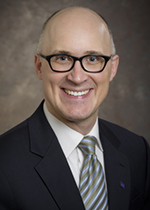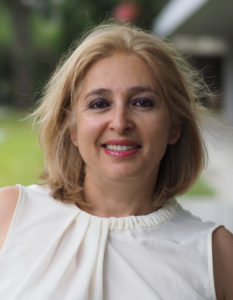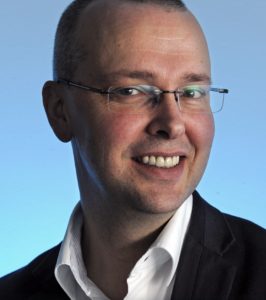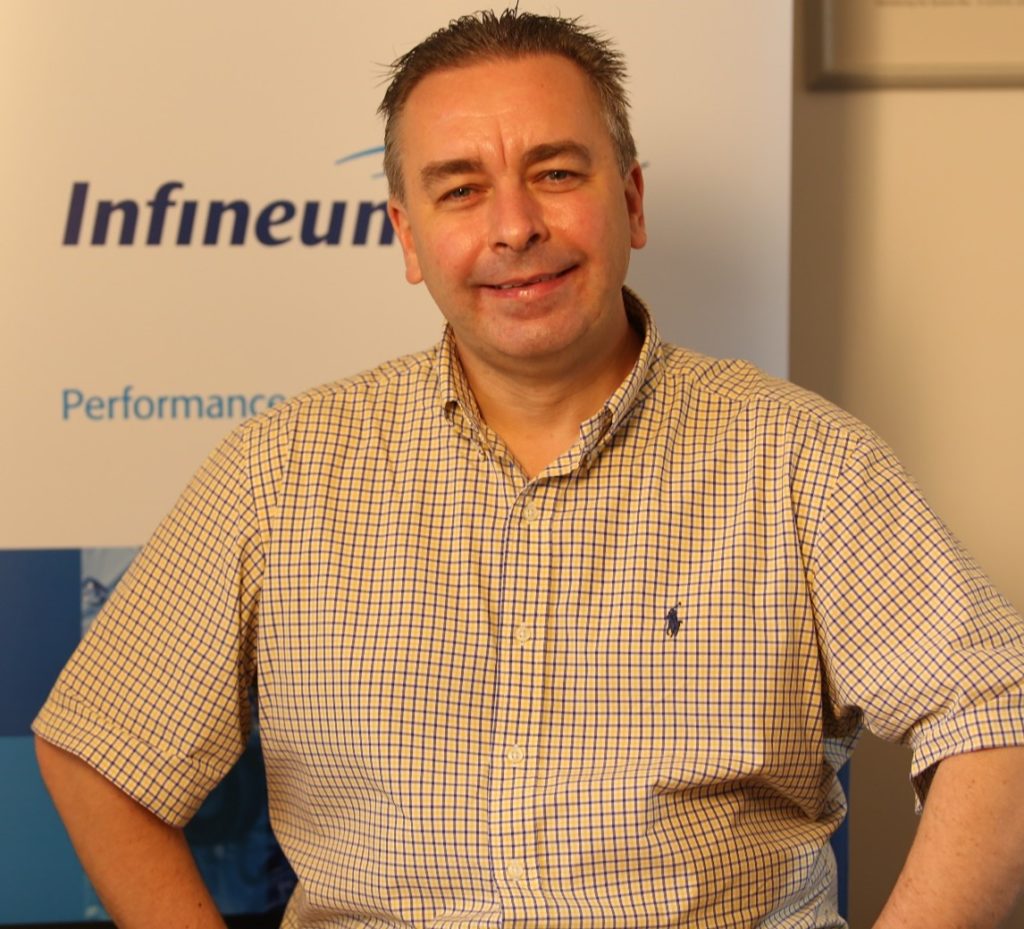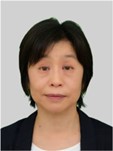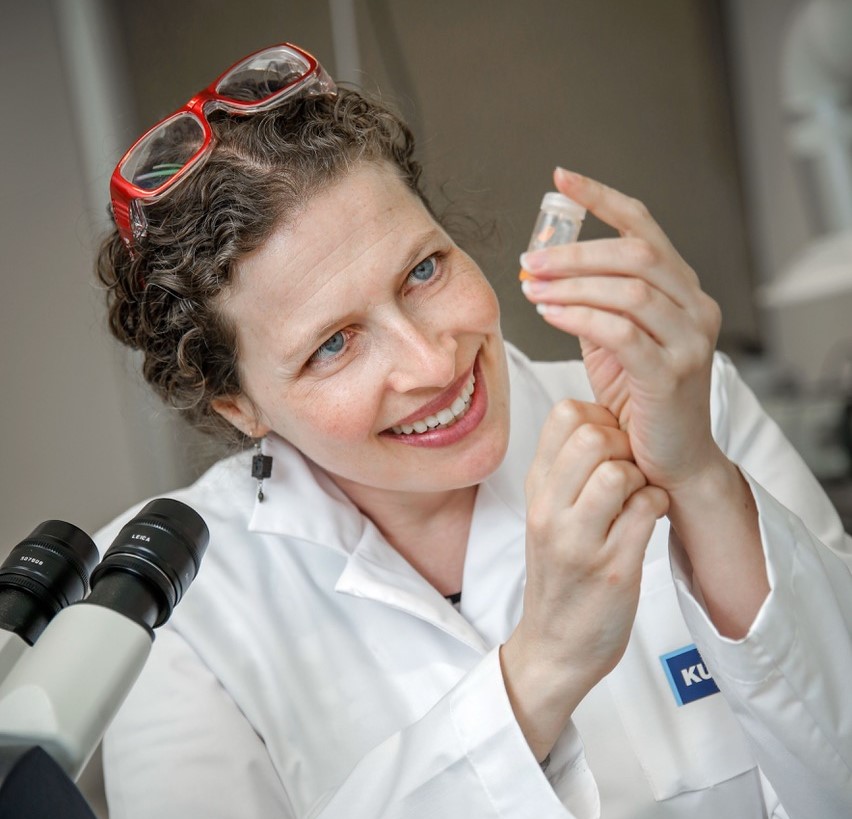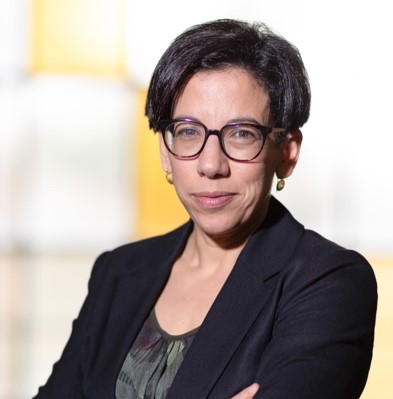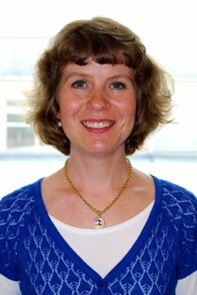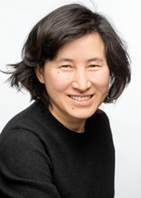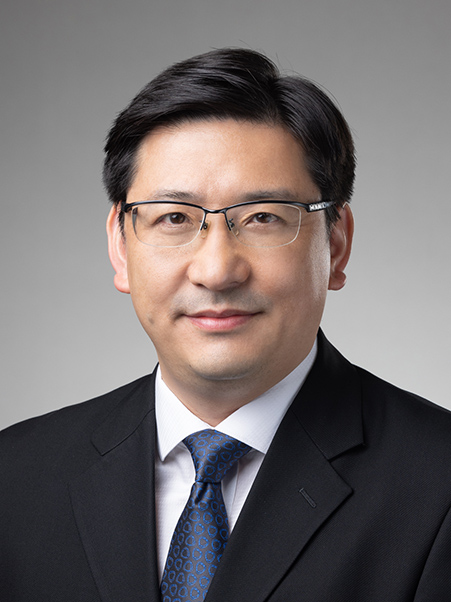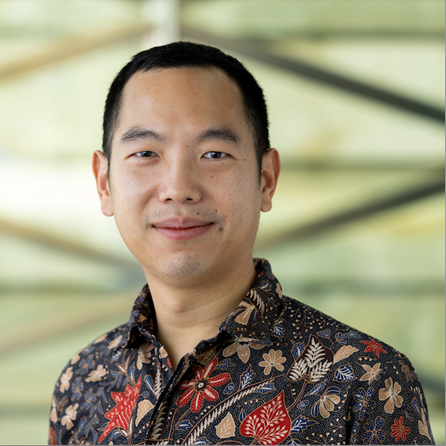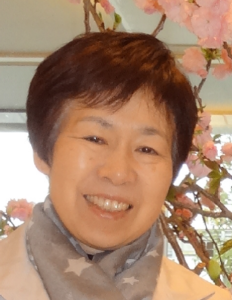General
As laid down in its constitution the International Association of Colloid and Interface Scientists is a voluntary, non-profit-making organisation of individuals who are actively interested in the field of colloid and interface science.
The objectives of the Association are
(a) to promote international cooperation among colloid and interface scientists, and
(b) to encourage advancement and understanding in the field of colloid and interface science.
The Association seeks to achieve these goals by sponsoring international conferences in colloid and interface science, by encouraging regional activities and by providing relevant information to its members. It has been sponsoring the regularly arranged series of International Conferences on Surface and Colloid Science (ICSCS), now called the IACIS conferences.
After several decades in existence IACIS has proven to be a viable organisation, which has met the original objectives. It is essential that we enrol as many members as possible in order to better represent the worldwide community of professionals in research, development, and teaching in our discipline.
IACIS would like to develop as a world-wide umbrella organization. Until now this resulted in, e.g., a special relationship with the European Colloid and Interface Society.
IACIS Council
Standing Committee
President Prof. Dr. Greg Warr |
| At the University of Sydney (AU) Greg Warr works on amphiphile self-assembly in aqueous and non-aqueous systems, with a focus on understanding how nanostructured ionic liquids and deep eutectics affect structure-property relations of complex fluids. |
President-elect Prof. Dr. Alidad Amirfazli |
| At York University (CA) Alidad Amirfazli studies wettability, adhesion, and physicochemical aspects of droplet surface interactions, e.g. droplet impact and droplet shedding. He is also interested in developing novel instrumentation related to surfacetensiometry as well as application of surface thermodynamics to areas such as icing, coating, and condensation. |
Immediate Past President Prof. Dr. Hans-Jürgen Butt |
| At the Max Planck Institute for Polymer Research (DE) Hans-Jürgen Butt studies the structure and dynamics of interfaces. The general aim is to derive a simple quantitative description of soft matter interfacial phenomena. |
Honorary Secretary and Treasurer Prof. Dr. Wuge Briscoe |
| At the University of Bristol (UK), Wuge Briscoe studies surface interactions mediated by surfactants, polymers and nanofluids, and fundamental aspects of biomimetic lubrication, bacterial membranes, nanotoxicity, and eco-formulation |
Newsletter Editor and Webmaster Dr. Saskia Lindhoud |
| At the University of Twente (NL) Saskia Lindhoud works on multi-component polyelectrolyte complexation: from the Origin of Life, to RNA-rich phases in cells, to applications for chemical technology. |
Ordinary Members of Council 2022-2025
| Prof. Dr. Shigeru Deguchi (Japan) | At the Japan Agency for Marine-Earth Science and Technology (JP) Shigeru Deguchi works on soft materials under extreme conditions, nanobiotechnology for prospecting deep-sea bioresource, and biotechnological/biomimetic applications of deep-sea organisms. |
| Prof. Dr. Nikolai Denkov (Bulgaria) | At the University of Sofia (BG) Nikolai Denkov is leading a research group on active formulations and materials. His studies aim to reveal the fundamental processes and the main factors that can be used to control the properties of surfactant, polymer and enzyme solutions, emulsions and foams, with numerous applications in food, cosmetic and pharmaceutical technologies and in materials science. |
| Prof. Dr. Eric Furst (USA) | Research in the Furst Group, University of Delaware (US), focuses on the physics and chemistry underlying the behavior of colloidal, polymeric, biomolecular, and other “soft” materials with efforts that concentrate on investigations of structure, interactions, and material response through the development of novel experimental techniques, including optical tweezers, confocal microscopy, and passive and active microrheology. |
| Prof. Dr. Tatiana Gambaryan-Roisman (Germany) | At the Technische Universität Darmstadt (DE) Tatiana Gambaryan-Roisman studies interfacial transport phenomena and complex wetting. Her interests include the nanoscale mechanisms of wetting, wetting coupled with phase change, stability of liquid films, drop evaporation, flow and heat and mass transport in porous layers. One of the aims is to find the methods for controlling the hydrodynamics and transport processes in near-wall multiphase flow. |
| Prof. Dr. Remco Tuinier (The Netherlands) | The main research topics of Remco Tuinier are the phase behaviour and self-assembly of colloid and/or polymer mixtures at Eindhoven University of Technology (NL), where he is heading the Laboratory of Physical Chemistry. |
| Prof. Dr. Peter Dowding (UK) | As Chief Scientist at Infineum, Pete Dowding has research interests in surfactant design/ self-assembly, computational modelling of structure/ performance relationships and characterisation techniques, particularly application of x-ray and neutron scattering to industrial systems. |
| Dr. Rie Kakehashi (Japan) | At Osaka Research Institute of Industrial Science and Technology (JP), Rie Kakehashi works on development of new surfactant-based thickeners and gelators for various solvents for industrial applications, with a focus on controlling the rheological properties of gels |
| Prof. Dr. Erin Koos (Belgium) | At KU Leuven (Be), Erin Koos studies the rheology, stability, and microstructure of suspensions, concentrating on systems with particle gel networks. The structure of these networks can then be used and tuned for the intelligent design of new materials. |
| Prof. Dr. Chiara Neto (Australia) | The Neto Research Group (AU) works on flow and spreading at liquid/solid interfaces, including super-wettability surfaces, atmospheric water capture, and microfluidic flows. |
| Prof. Dr. Karin Schillén (Sweden) | At Lund University (LU), Karin Schillén’s research interests focus on understanding the intermolecular interactions in aqueous mixtures of oppositely charged polymers and surfactants, in particular the formation of supramolecular co-assembled structures in systems containing block copolymers and bile salt biosurfactants. Karin’s experimental techniques of expertise are light and X-ray scattering, cryogenic transmission electron microscopy and calorimetry. |
| Prof. Dr. Norman J. Wagner (USA) | |
| Prof. Dr. Xuehua Zhang (Canada) | At University of Alberta, Canada, Professor Zhang’s team works on fundamentals and applications of surface nanobubbles, phase change and chemical reaction of multicomponent droplets, interfacial evaporation, microbubble-enhanced cold plasma activation, and experiments and simulations of concentrated slurry flows. |
Co-opted Members 2022-2025
| Prof. To Ngai (China) | At The Chinese University of Hong Kong, Ngai’s group works on particle behaviour at the interfaces, measuring interactions between particle-particle and particle-surface, manufacturing of green packaging materials and development of orthopaedic implant materials. |
| Dr. Dan Daniel (Saudi Arabia) | At KAUST (Saudi Arabia), Dan Daniel leads the Droplet Lab with research interests in the physics of droplets, wetting/adhesion science, and soft matter. |
| - | - |
| - | - |
| - | - |
| - | - |
Chair of the IACIS Award Committee (attending the Council meetings)
| Prof. Dr. Kazue Kurihara (Japan) |


